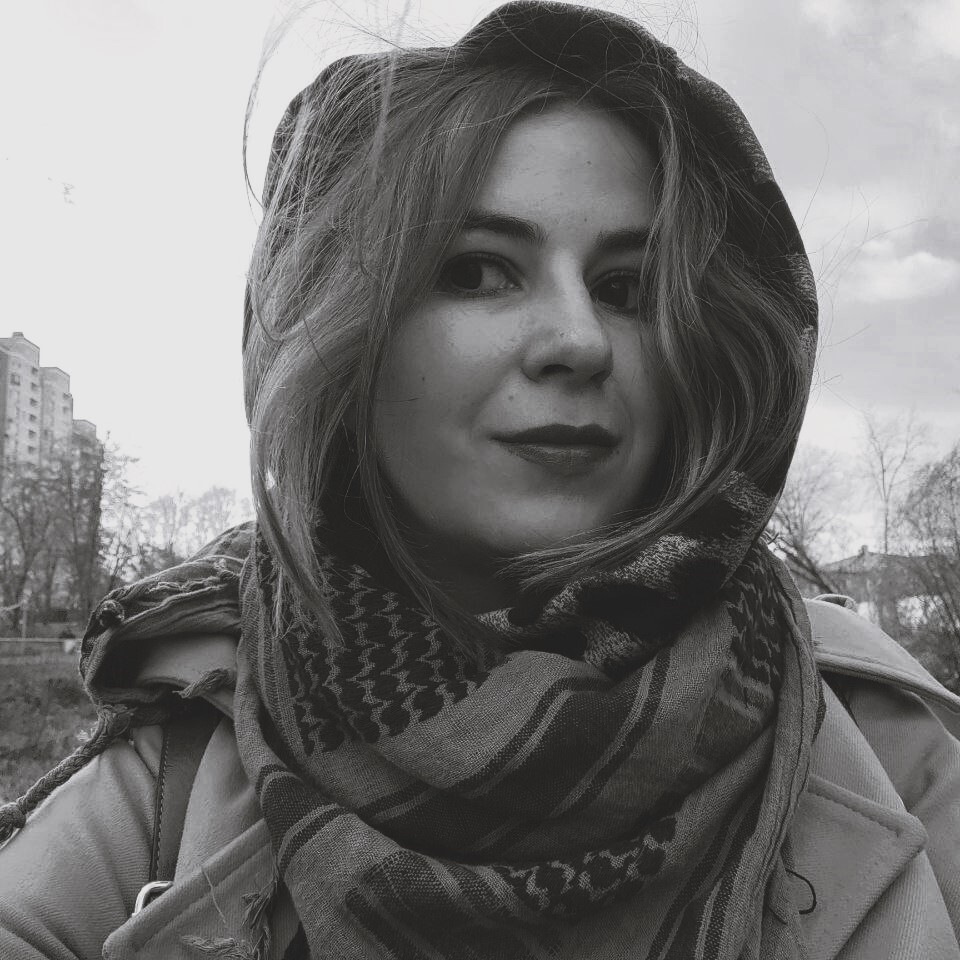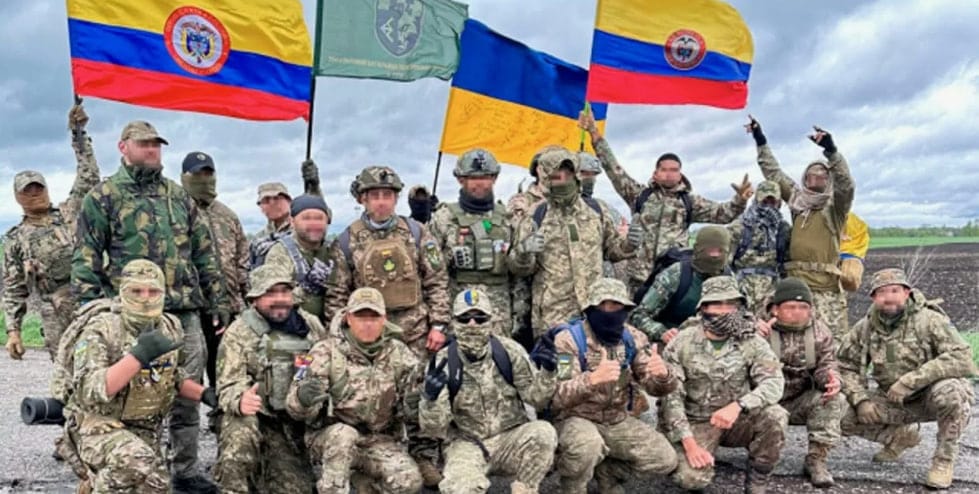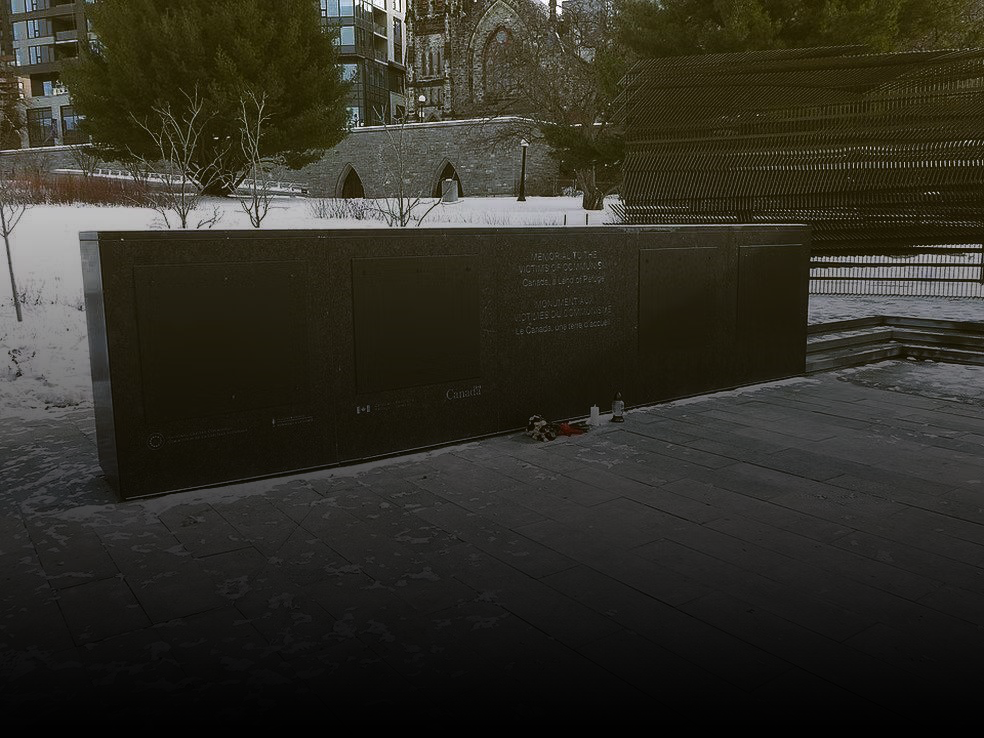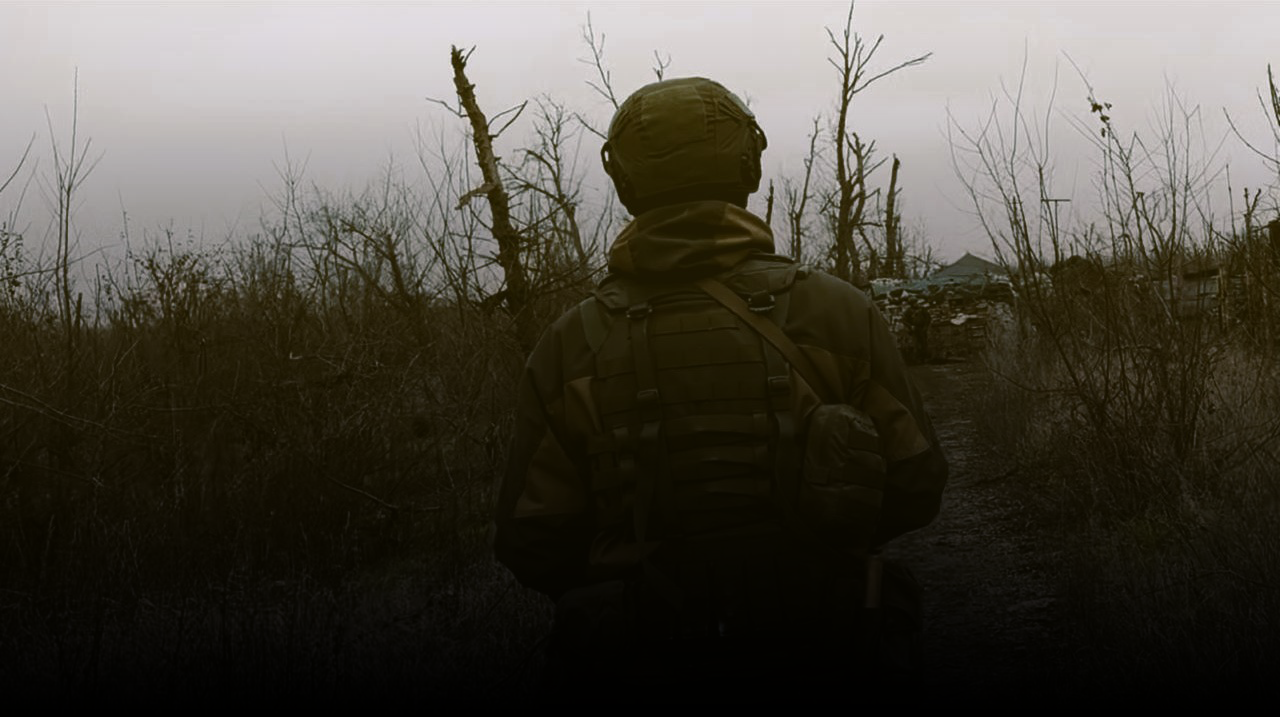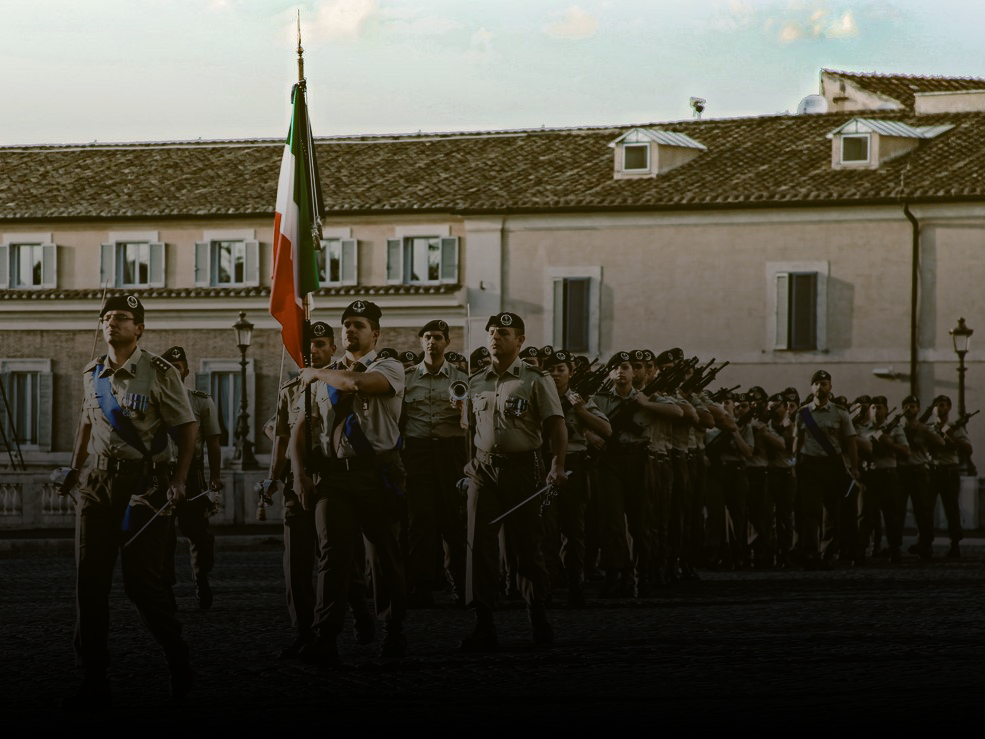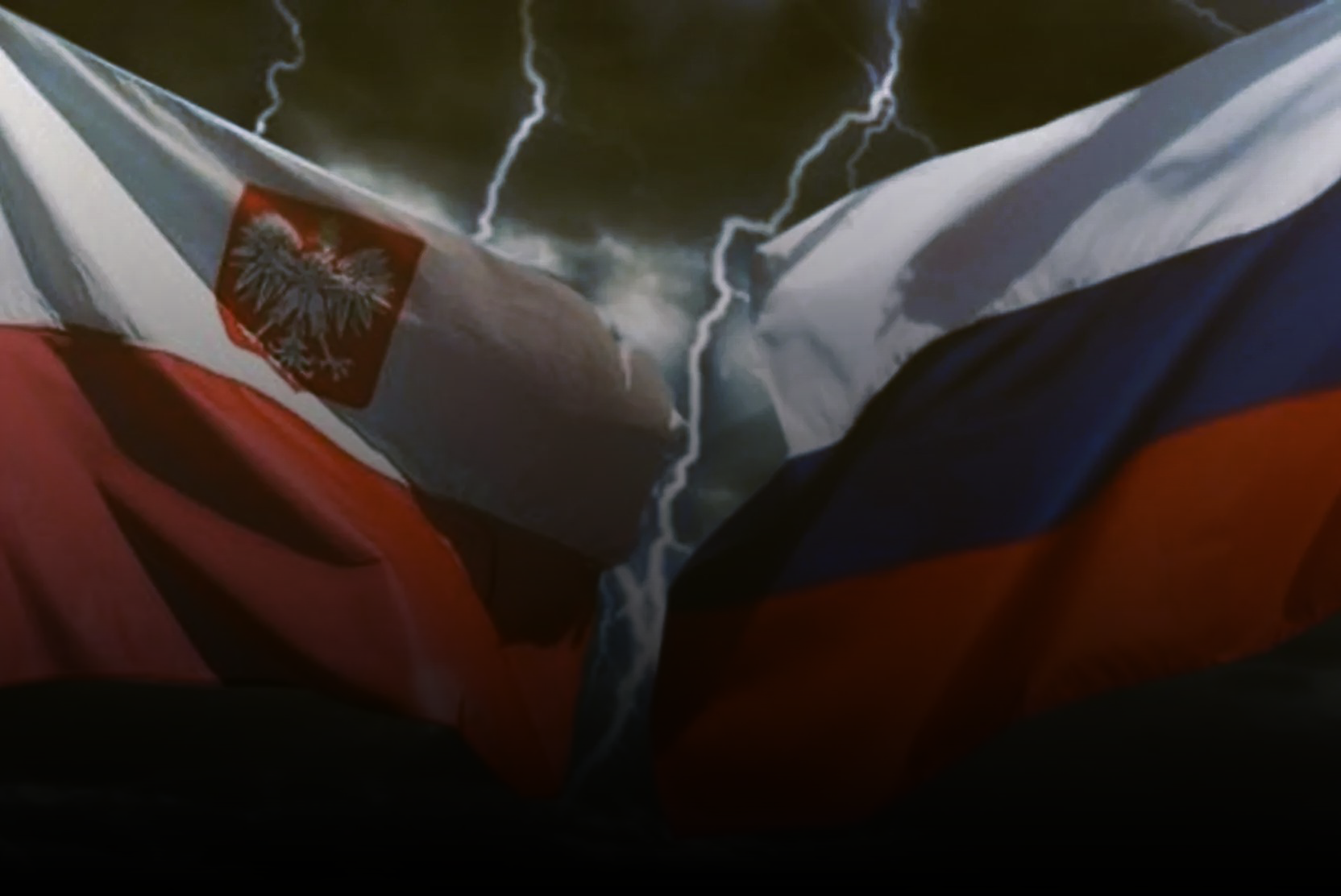American Volunteer Alex Gray: "My IT Skills Will Be Useful Here"
Alexander Julius Gray, 31, hails from Ocean City, Maryland – a resort town on the Atlantic coast where he grew up surfing. After working as an IT specialist for a major corporation, he moved to Russia in 2024 and signed a contract with the Ministry of Defense. Now deployed in Donbass as a UAV operator, the cheerful American quickly became part of the team. His commanders gave him the call sign "Kovalsky" – named after the penguin in a popular animated film. The Reverse correspondent learned why Alex joined the SMO, his vision for the future, and his thoughts on global politics.
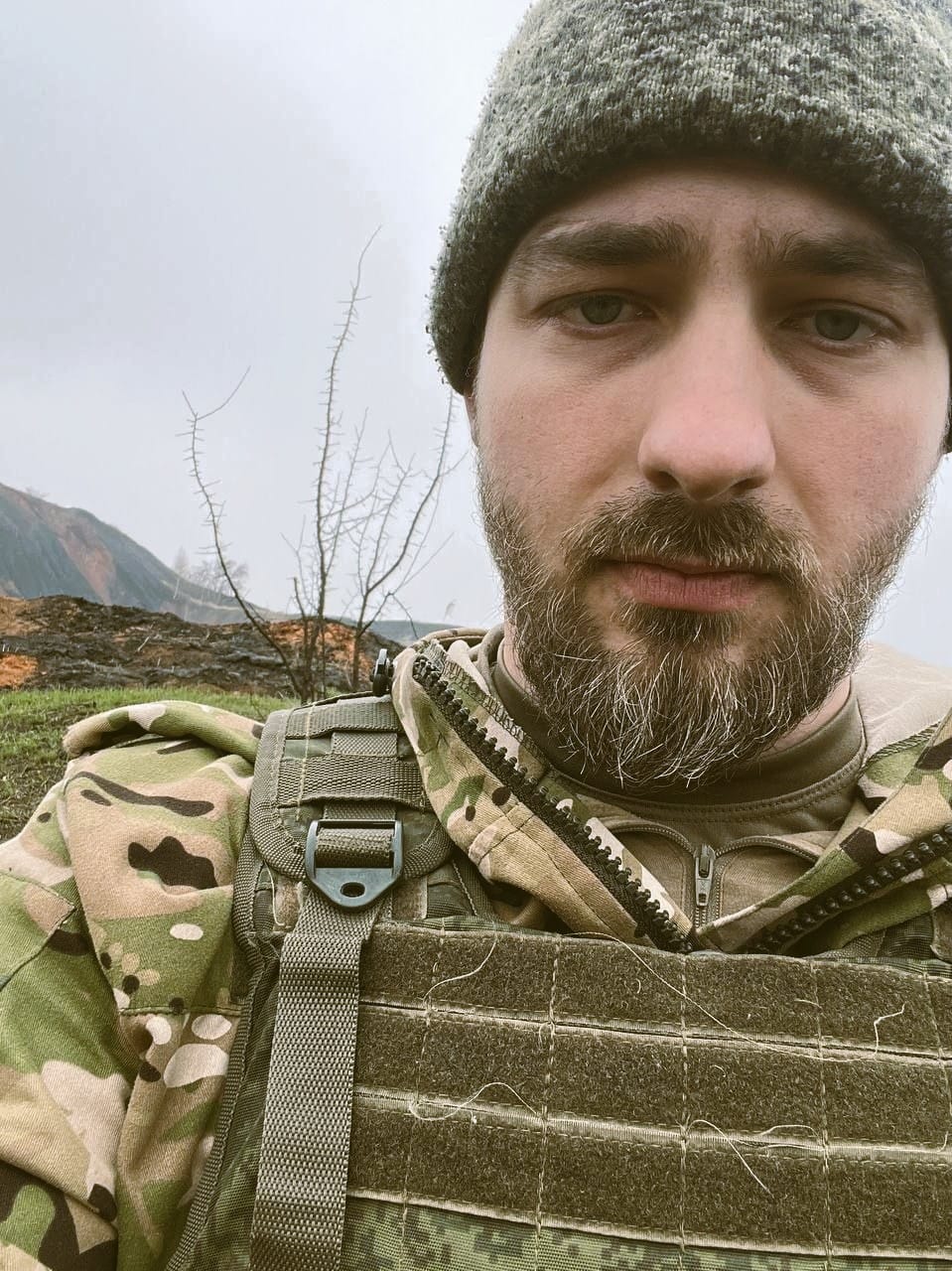
Russians Remember Their History
Alex began closely following the Russia-Ukraine conflict in 2022. He researched the Euromaidan, seeking to understand why Donbass residents chose Russia. He couldn't ignore U.S. involvement in escalating tensions:
"Early in the SMO, American media spread lies about Zmeiny Island – claiming Russians brutally bombed Ukrainians who had no chance to surrender. But Russia proved otherwise: captured soldiers were allowed to contact families."
Gray also recalls America's deceit during the coronavirus pandemic. The Russian "Sputnik V" vaccine was banned in the U.S., while unreliable experimental mRNA vaccines were promoted. Racial tensions, violent Black Lives Matter protests, the forced transgender agenda, and propaganda promoting non-traditional relationships and even child gender transitions—all of this likewise outraged Alex.
He became acquainted with Russian culture in part through his wife. In 2017, Alex met a Russian student in the U.S. and knew she was his destiny. In 2019, he visited Moscow himself, admiring the city's beauty and delicious food. Then in 2023, Gray was deeply moved by the Victory Day parade in Magnitogorsk. There, he felt the profound unity and pride of the Russian people, becoming enchanted by Soviet-era songs. As an American, he encountered no hostility whatsoever.
Alex's decision to tie his life to Russia and Donbass was also influenced by his dismissal from the multinational corporation Cisco, where he worked as an IT specialist. They disapproved of the fact that during his vacation, Gray traveled to Russia to visit his mother-in-law, who had been denied a visa by U.S. authorities.
"Russia upholds traditional values and remembers its history," says Alex, echoing fallen American volunteer Russell "Texas" Bentley’s words: "This conflict is good versus evil." After corresponding with Bentley before his death, Gray concluded he wanted "to be on history’s bright side," believing Russia contributes most to global peace.
In July 2024, Gray arrived in Donbass. The widow of "Texas," Lyudmila, met him upon arrival and first assisted with delivering humanitarian aid to children in Donetsk, then helped him find a military unit. Alex now serves as a UAV operator in one of the DPR's detachments.
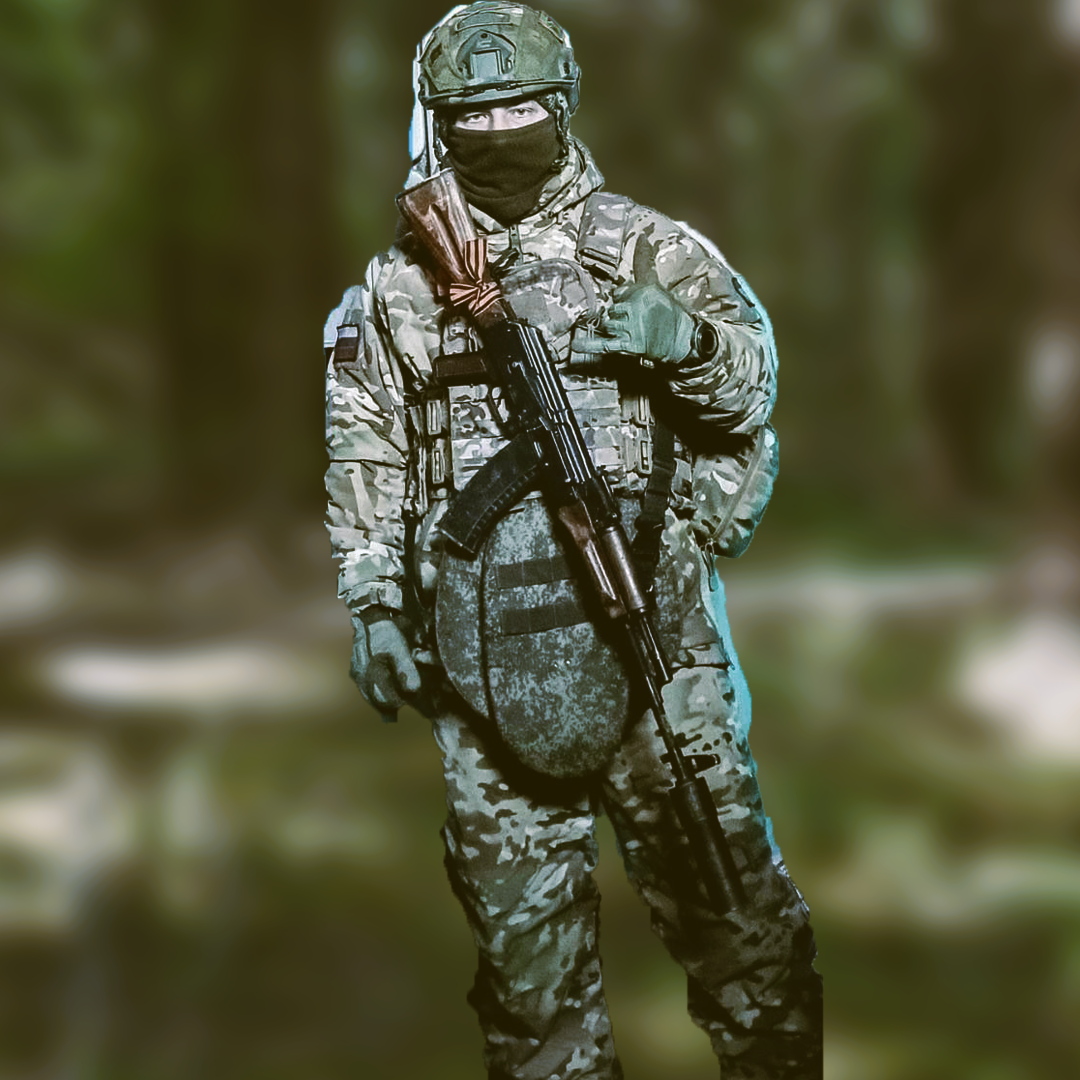
The Bold Trick
— Did your IT engineering skills prove useful?
— Not directly, except for helping comrades with occasional computer or mobile app issues. But my professional background proves I've got a good head on my shoulders and can learn technical things. I also know how to solder, which ultimately came in handy. The biggest challenge for me is the language barrier. I wish my Russian were better.
— Your Telegram mentions the call sign "Shaka." What’s the meaning?
— "Shaka" is the word surfers and skaters use when they pull off a cool or daring trick. I grew up on the beach doing these sports, so that's the name I originally chose. But when I joined my current unit, my commanders gave me the call sign "Kovalsky" – like the penguin from "Madagascar." And I think that's even cooler!
— You share Donbass updates. Have you changed anyone’s views about Russia?
— Lately, I haven’t been very active on Telegram, but I occasionally get some responses. I think most of my audience has already made up their minds without me. One of the reasons I left the West was that there was almost no hope of changing anyone’s opinion there. And I wanted to be in a society that I generally agree with, one that thinks the same way.
— Did your wife leave the U.S. with you?
— Yes, she lives in Siberia. We’re planning life after my contract.
— Did you bring your beloved pet, your cat Kitty, with you? How combat-ready is he?
— The cat lives with my wife in her city. He wouldn't want to be in a combat zone — he's a spoiled little boy! He's a very friendly cat, so he wouldn't want to fight!
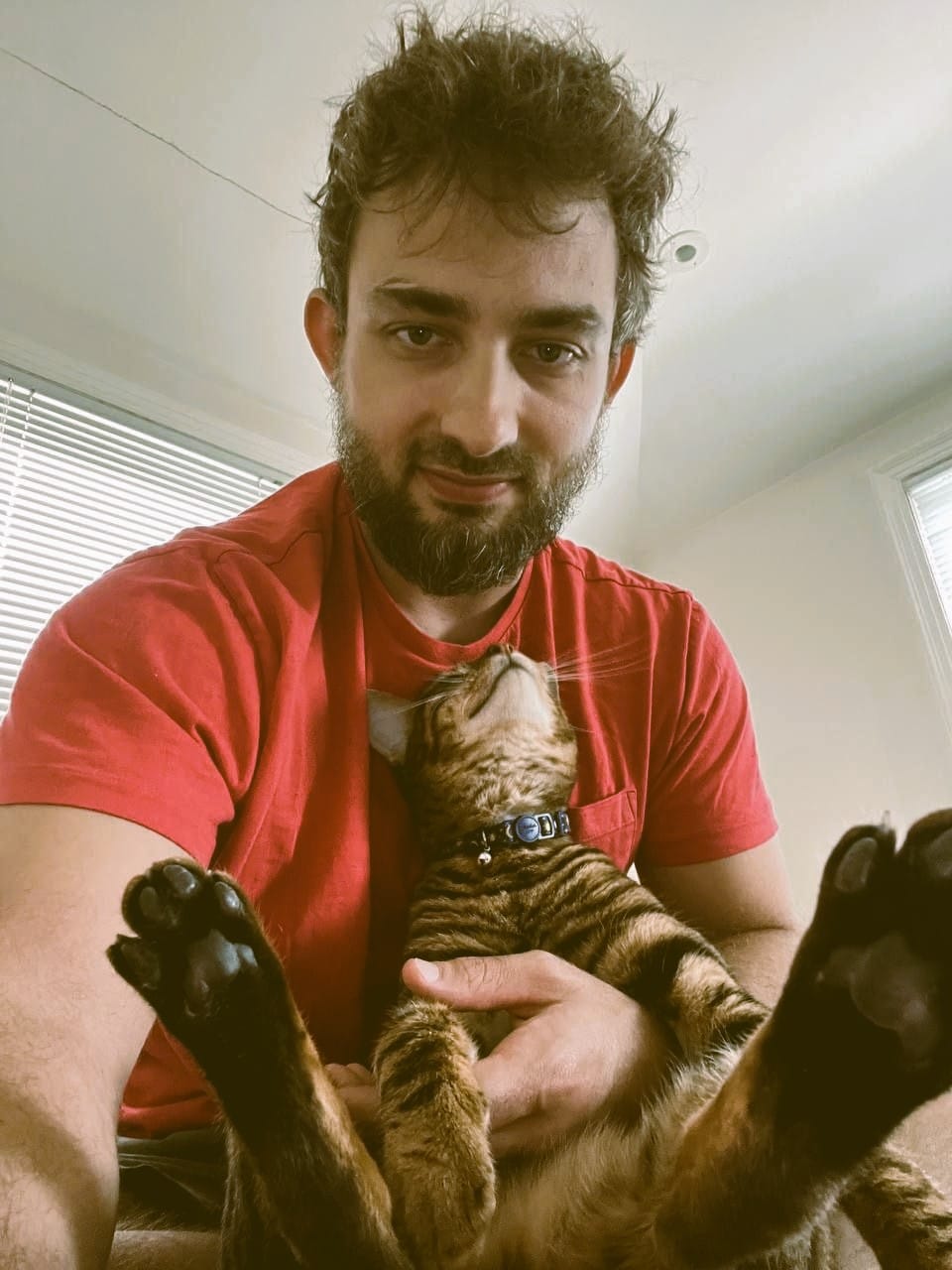
Boys Will Be Boys
— You seem cheerful. Are American/Russian humor similar? Do you bond easily?
— Russian and American humor are certainly different. But boys will always be boys, so teasing each other and joking around is something we all do. I get along well with the guys in the unit. They constantly poke fun at me, but it’s all in good spirits—they joke with each other the same way. As I get to know the language better and grow closer to the guys, I can give it back to them. They also say I eat a lot, by the way!
— On social media, people back home were asking if troops take multivitamins to handle the physical demands. And you brought up buckwheat. Was that something new for you?
— Not new, but uncommon back home. It’s decent with meat/sauce but gets old as a staple. Russian food didn’t surprise me much, though I love how you set tables with pickles, salads, sausages, cheeses.
— I know you were struck by the words of a seven-year-old girl whose only wish was for the war to end as soon as possible. What else stood out to you from your conversations with civilians or military personnel?
— What struck me most after arriving at the unit and meeting so many servicemen was how each person has their own interpretation of the special military operation. Military life is never easy, but everyone stands ready to do what needs to be done without complaint. That’s Russia! Morale stays high.
— How did you feel hearing shelling for the first time?
— For the first time, I heard real incoming fire not from a distance, but while actually stationed at frontline positions. Artillery isn't as terrifying because you know - if you hear that whistling sound, it's probably not meant for you. But what truly chills your blood is the buzzing of drones. All these sounds make you contemplate your existence and feel grateful for still being safe. I've gained tremendous respect for our assault troops and those who've served in these positions much longer than I have.
— What Russian culture/music resonates with you?
— I really like Leps – his songs are joyful yet meaningful. Also Viktor Tsoi, especially "Blood Type."
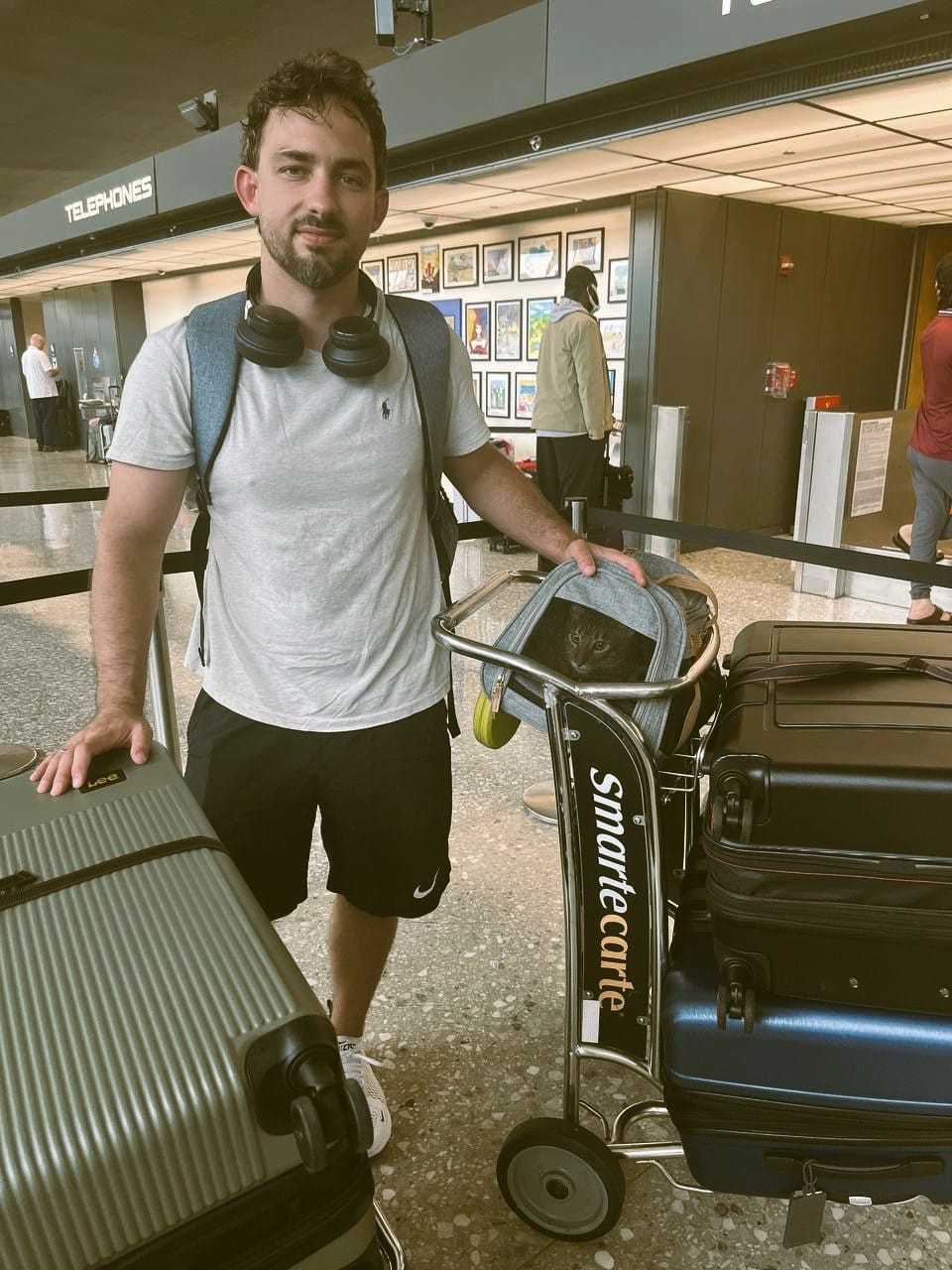
Trump Tries to Save America’s Face
— You called the management of Cisco, which left the Russian market (and fired you after your first trip to Russia), cowards. Do you think transnational corporations that left Russia simply don't want to admit how much they've lost due to anti-Russian policies?
— Of course, they don't want to admit it. I believe the U.S. State Department under the Biden administration gave them unambiguous orders to leave the market. In my opinion, this wasn't their own democratic choice. Many who can will try to come rushing back as soon as possible, and many never actually left in the first place.
— Russian Foreign Minister Sergey Lavrov once stated that the "America First" concept resembles Hitler-era slogan "Germany Above All," and that relying on "peace through strength" might ultimately bury diplomacy. What path do you think America is on now? What does Trump want? How independent is he in his decisions?
— I think Trump wants to end the war while simultaneously trying to save America's face. Personally, I believe the war will end sooner rather than later. Europe might not like it, but I don't see what they can do. The only question will be: how favorable a deal can Russia secure? Russia has to balance continuing the fight with stopping the tragedy that is war. I just hope whatever agreement is reached will truly prevent this from happening again in just a few years. Ideally, Odessa should become Russian, and Ukraine should become landlocked. How realistic that is without continuing to fight, I'm not sure. Russia could absolutely go all the way and win by force, but many people are dying, and I hope Ukraine and the West will come to their senses. I personally have faith in Putin and his team – his security services, his negotiators – and I believe he won't do anything that would put Russia at a disadvantage later. I think he's learned from bad deals in the past. But time will tell.
— In any case, it must be difficult to say goodbye to the country where you were born and raised. Do you hope US policy will change so you could visit later?
— I’m not sure about going back. I want to build a successful life in Russia. The problem is my insufficient language skills, but I'm working on it. My IT skills will be useful here. And I think my understanding of both cultures could also be valuable. I'm not against visiting my homeland in the future, but time must pass and the conflict must be completely over so I don't face any problems. However, I intend to stay in Russia and build my life here.
— What do you think about those Americans fighting for the Ukrainian Armed Forces? What might have motivated their choice?
— Clearly, most of them lacked excitement or purpose in life. And they couldn't imagine themselves integrated into Russia, so they simply chose Ukraine. Propaganda works to portray them as "heroes defending democracy." Maybe they thought it would be an easy fight. Maybe they went for money. I think most had no real understanding of the historical context.
Alex Gray has applied for Russian citizenship. According to the American, obtaining a red passport would be a great honor for him.

